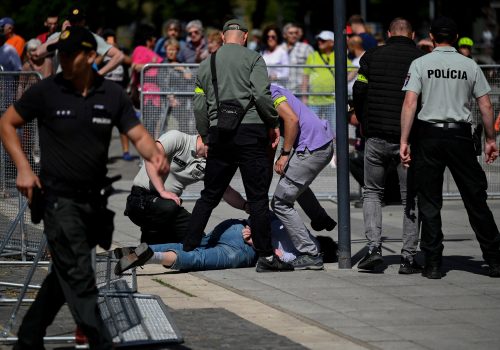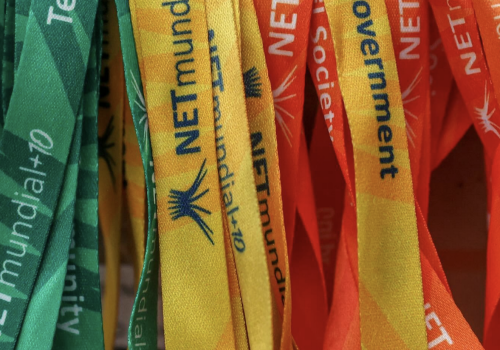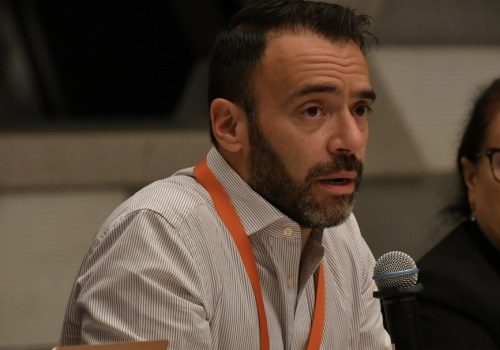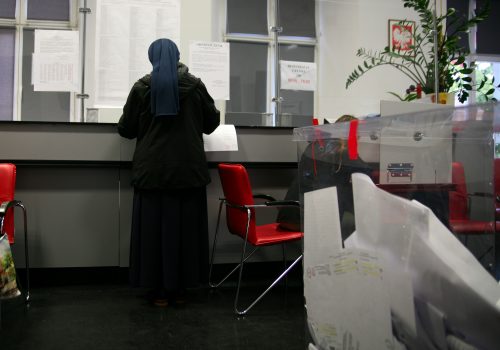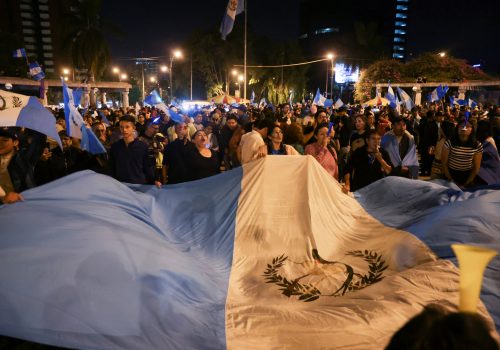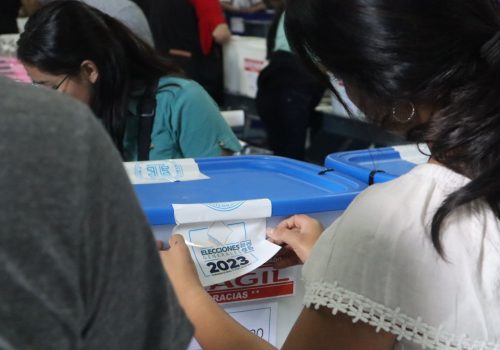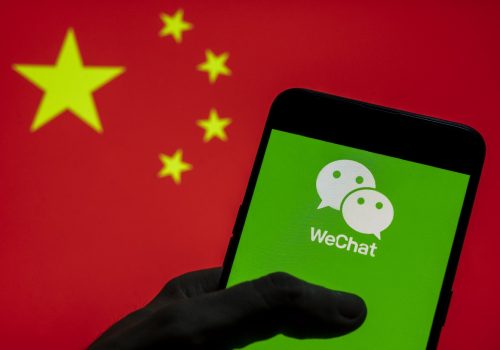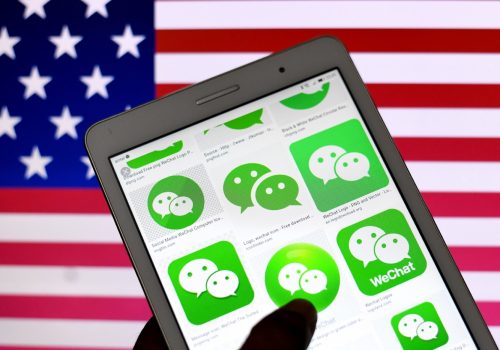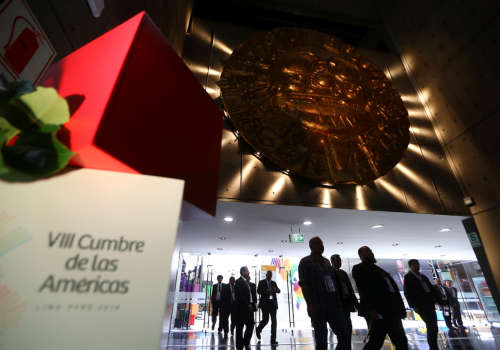Government (Includes international governing bodies)
Wed, May 22, 2024
Online conspiracies proliferate following the attack on Slovakian PM Robert Fico
Anti-Western and anti-Ukraine narratives circulated online after the assassination attempt on the Slovakian prime minister.
by Ruslan Trad
Fri, Mar 1, 2024
Second Statement of Konstantinos Komaitis to the United Nations on the Global Digital Compact
Delivered before the United Nations on the topic of the Global Digital Compact, identifying opportunities it presents
Wed, Feb 28, 2024
First Statement of Konstantinos Komaitis to the United Nations on the Global Digital Compact
Delivered before the United Nations on the topic of the Global Digital Compact, addressing successes and lessons learned
Wed, Dec 13, 2023
How foreign actors targeted Polish information environment ahead of parliamentary elections
Foreign - or seemingly foreign - actors implemented different interference actions in order to influence Polish voters or foment societal instability
Mon, Oct 23, 2023
Suspicious media targeted Guatemala’s elected president
At least seventeen media outlets that concentrated their operations on Facebook targeted campaign of lead candidate and electoral institutions ahead of the runoff election
Thu, Aug 17, 2023
Far-right Twitter network targets Guatemala’s presidential election
Twitter network backed Guatemala’s Public Ministry amidst attempts to suspend political party Movimiento Semilla
Wed, Aug 31, 2022
How CSSAs reinforce official narratives to expat Chinese students on WeChat
The DFRLab analyzed WeChat articles from Chinese Students and Scholars Associations across the US, UK, Canada and Australia.
Wed, Aug 31, 2022
WeChat channels keep Chinese students in US tied to the motherland
How Chinese government perspectives are reinforced among Chinese students at US universities via WeChat.
Thu, Jul 7, 2022
Cracks emerge in Russia’s ‘Digital Iron Curtain’
Kremlin-controlled outlets maintain presence on Facebook and Twitter despite the platforms being banned in Russia.
Thu, May 19, 2022
Op-Ed: Making the Americas resilient to information operations against democracy
Leaders attending the Summit of the Americas must define actionable policies to promote resilience to disinformation and foreign influence.
Thu, May 19, 2022
Telegram channels and youth groups rally against Riga following Victory Day controversy
The city of Riga sparks pro-Russian outrage after voting to demolish Soviet monument and arresting pro-Kremlin activist.

